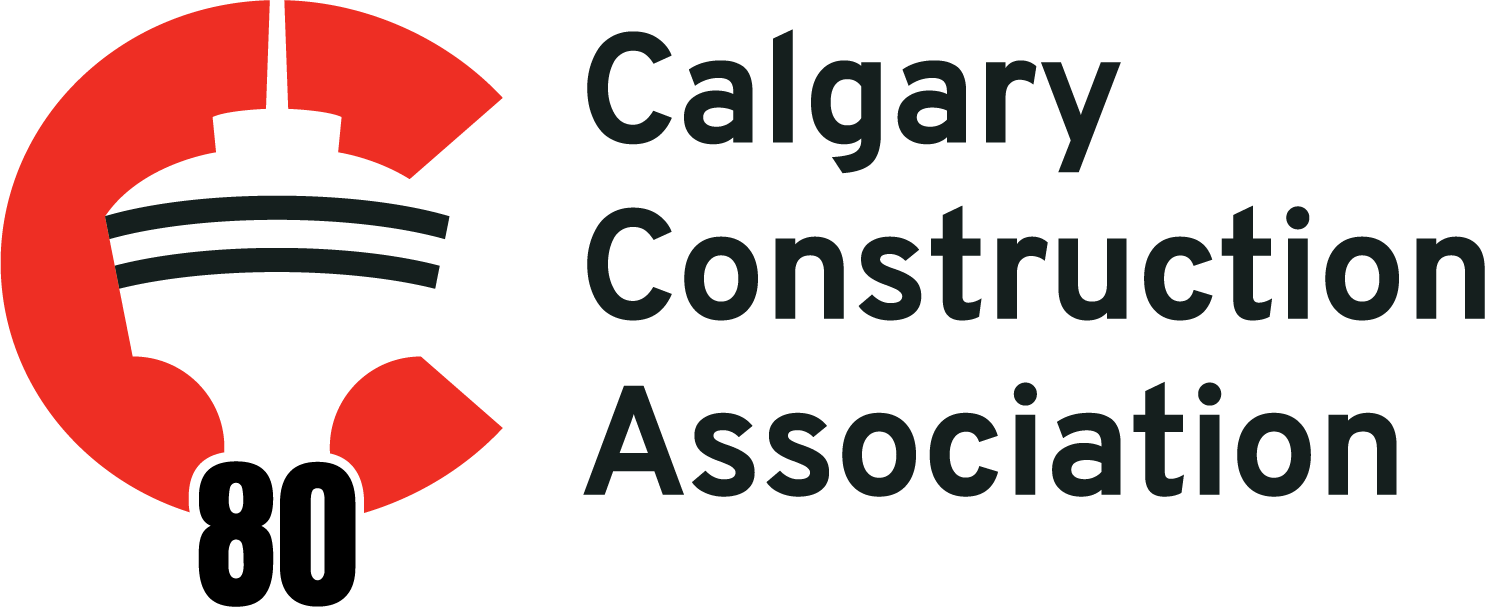Adjudication: Putting your Best Foot Forward
Adjudication: Putting your Best Foot Forward
The Prompt Payment and Construction Lien Act (the “PPCLA”) has legislated a new dispute resolution regime called Adjudication, but what does that really mean and how can you set yourself up for success in an Adjudication?
Adjudication is intended to be a fast-track process to resolve a payment or payment related dispute while construction is ongoing. It is a mandatory process once a party issues a Notice of Adjudication, and a decision is typically rendered within 30 days of receipt of written submissions from the parties.
Adjudication involves the appointment of a certified adjudicator as a neutral, third party tasked with rendering a decision that can be enforced with the same effect as a judgment rendered by the Court. The adjudicator will commonly make a decision primarily on the basis of written submissions and supporting documentation provided by the parties. There is little opportunity for the formal steps you would typically have in litigation or arbitration, including oral hearings, questioning or cross examination of witnesses, so it is important that you put your best foot forward with your written submissions.
On April 19, 2023, ARCANA (AB) was announced as a nominating authority in Alberta. ARCANA (AB)’s role is to administer the adjudication process, which includes developing and administering the training of adjudicators, assessing the qualification of and appointing adjudicators, and maintaining a registry of adjudicators. There are currently 10 adjudicators on the ARCANA (AB) roster. Parties are welcome to mutually appoint an adjudicator once a Notice to Adjudicate has been issued. While there is no fee for issuing a Notice to Adjudicate, there are fees for the adjudication itself with the smaller value disputes up to $100,000.00 being capped at not more than $5,000.00.
To date, there have been approximately 10 adjudications proceed under the PPCLA. Most have had a disputed value of less than $100,000.00 and more than 50% have arisen from the residential construction sector, with a mixture of owners and contractors initiating the adjudication.
Regardless of whether you are within the residential, commercial, or industrial construction sectors, the claimant or the respondent, how you present your case to the adjudicator is vital to a successful adjudication.
What Facts are Important? What do you need to Prove?
Your written submission is your opportunity to tell your story. Consider what facts are important to your story and what supporting documentation you need to present to the adjudicator to prove those facts.
As the Claimant seeking payment on an invoice, you may want to prove that 1) the work was authorized 2) the work was completed; 3) that there are no deficiencies 4) what was the value of the work is; and 5) how much is owed for the work.
In responding to a claim for payment, the Respondent should give thought to why you do not believe payment is owed. Is it a matter that the work was deficient or simply not complete? Was it an extra that was not authorized? Was the value of the invoice overstated? Did you have to hire someone else to fix or complete the work?
In preparing your written submission you want to use clear and concise language to explain your position. As a Respondent, ensure you reply to the issues raised by the Claimant. You may want to use language such as “In response to paragraph 1 of the Claimant’s submissions, the Respondent says…” Present the evidence in a logical sequence that paints a picture for the adjudicator. As simple as it sounds, use full sentences, headings, and numbered paragraphs.
Supporting Documents
The supporting documents are evidence that help prove the facts claimed. There are different types of evidence with certain types, such as direct evidence, being preferred over hearsay evidence. A written document, such as an email or signed change order, that confirms a fact stated in the written submission, is preferred over the statement itself, especially if that statement is contradicted by the other party.
An adjudicator only needs to be provided with materially relevant information that speaks to the facts of your claim or response. Do not provide the adjudicator with your entire project file; rather, provide specific and targeted information to prove your facts. Ultimately, you want to help the adjudicator establish the connections between your written statements and your supporting documents so that the adjudicator clearly understands your story.
An adjudicator likely expects to see:
- The contract or agreement;
- The disputed invoice(s);
- Signed change orders if payment is sought in relation to a change order;
- Photographs to show the work was or was not done properly;
- Invoices for any repair or corrective work that may have been undertaking;
- Relevant meeting minutes or site notes; and
- Any relevant correspondence that offers support to the key facts.
It is helpful to direct the adjudicator to the relevant supporting document within the written statement. Do not assume that the adjudicator will make the necessary connection between a paragraph in your written statement and the supporting document provided; draw the connection for them.
There may be instances where you will require expert evidence in support of the adjudication. However, expert reports should be limited to issues relevant to the adjudication because it can be expensive to engage an expert, and it may be difficult to obtain an expert report within the short time periods proscribed within the PPCLA.
Success can be measured in different ways. Putting your best foot forward does not guarantee you will ‘win’ the adjudication. It does, however, offer you an expedient, fair and cost-effective
goodfellow & schuettlaw
Suite 200, 602 – 11th Ave SW
Calgary, Alberta, T2R 1J8
Email reception@gfslaw.ca
Phone 403-705-1261





